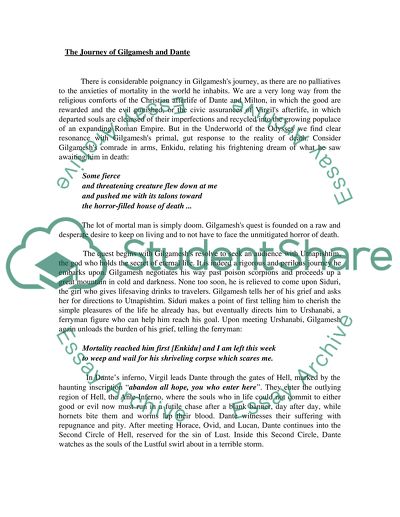Cite this document
(“Spirituality Essay Example | Topics and Well Written Essays - 1000 words”, n.d.)
Spirituality Essay Example | Topics and Well Written Essays - 1000 words. Retrieved from https://studentshare.org/literature/1519833-spirituality
Spirituality Essay Example | Topics and Well Written Essays - 1000 words. Retrieved from https://studentshare.org/literature/1519833-spirituality
(Spirituality Essay Example | Topics and Well Written Essays - 1000 Words)
Spirituality Essay Example | Topics and Well Written Essays - 1000 Words. https://studentshare.org/literature/1519833-spirituality.
Spirituality Essay Example | Topics and Well Written Essays - 1000 Words. https://studentshare.org/literature/1519833-spirituality.
“Spirituality Essay Example | Topics and Well Written Essays - 1000 Words”, n.d. https://studentshare.org/literature/1519833-spirituality.


